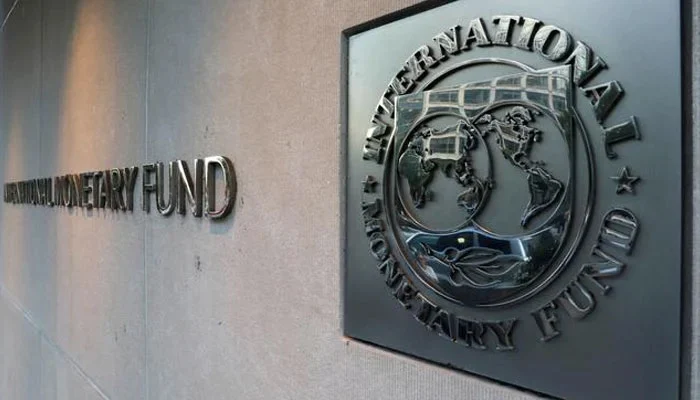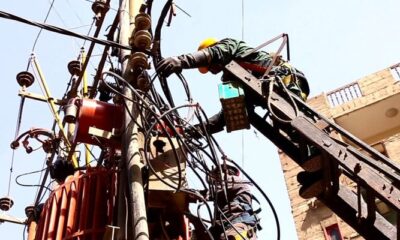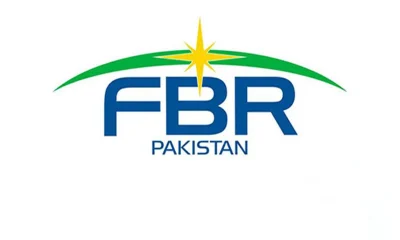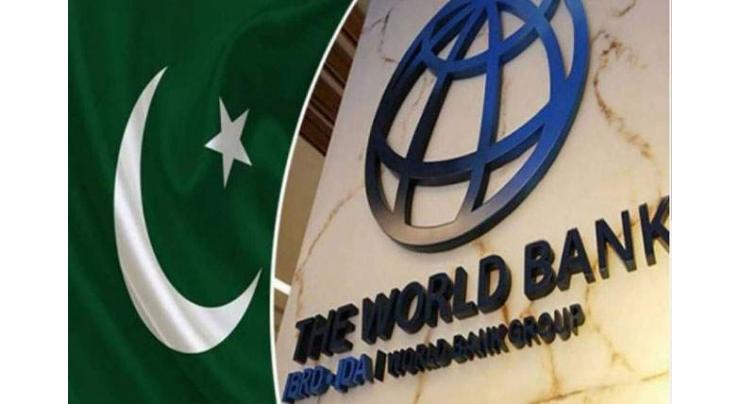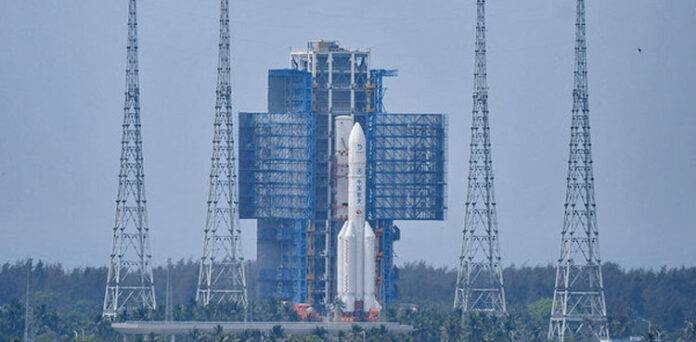Meetings between Prime Minister (PM) Shehbaz Sharif and a delegation headed by Martin Raiser, Regional Vice President of the World Bank for South Asia, resulted in the agreement.
Praiseing the World Bank’s role in Pakistan’s growth, Prime Minister Shehbaz welcomed Martin Raiser.
After the floods in Pakistan in 2022, the prime minister expressed gratitude for the Bank’s cooperation in constructing climate-resilient infrastructure. He gave the delegation an overview of the government’s reform programme, which included ending child stunting, improving per acre production in agriculture, reforming the power sector, and digitising the entire tax system.
Martin Raiser expressed appreciation for Pakistan’s determined reform programme and stated that the World Bank was prepared to work with the nation to improve its economy in order to achieve sustainable development.
A new Country cooperation Framework with an annual review mechanism to evaluate progress and guarantee results was reached was agreed upon by both parties to initiate a long-term, targeted cooperation.
In order to accommodate future course corrections, the technique will be flexible. On a chosen list of crucial development goals for Pakistan, the new alliance aims to produce transformative effects over a ten-year period.
Structural economic reforms, including tax policy changes and domestic resource mobilisation, mainly through digitalization, were among the first set of goals that were discussed during the summit.
It was also explored how to improve basic learning and reduce child stunting through human capital development.
Reforms pertaining to the energy sector, such as broadening the role of the private sector in transmission and distribution, and shifting to renewable energy sources to make energy more affordable, environmentally friendly, and financially viable, were also deliberated.
Both sides stressed the need for cooperation in climate adaptation in order to effectively handle the increasing scarcity of water and shocks due to climate change.
Pakistan can gain from the Bank’s experience in leveraging digital transformation, building institutional capacity, mobilising global expertise and best practices, and engaging the private sector through the International Finance Corporation, Multilateral Investment Guarantee Agency, and the World Bank’s private sector arm to enhance economic opportunities, including in the agriculture sector.
The federal and provincial governments, as well as academic institutions, legislators, members of civil society, development partners, and the commercial sector, will all be consulted throughout the establishment of the new Country Partnership Framework, the parties agreed.
In order to discuss partnership priorities that are appropriately aligned with the Government of Pakistan’s strategy and top development priorities, the World Bank will work with relevant stakeholders.
Najy Benhassine, the country representative of the World Bank, and Dr. Kazim Niaz, the secretary of the Economic Affairs division, signed a joint communique in this regard, which the prime minister saw.

 Latest News2 days ago
Latest News2 days ago
 Latest News2 days ago
Latest News2 days ago
 Latest News14 hours ago
Latest News14 hours ago
 Latest News14 hours ago
Latest News14 hours ago
 Latest News14 hours ago
Latest News14 hours ago
 Latest News2 days ago
Latest News2 days ago
 Latest News2 days ago
Latest News2 days ago
 Education3 days ago
Education3 days ago
